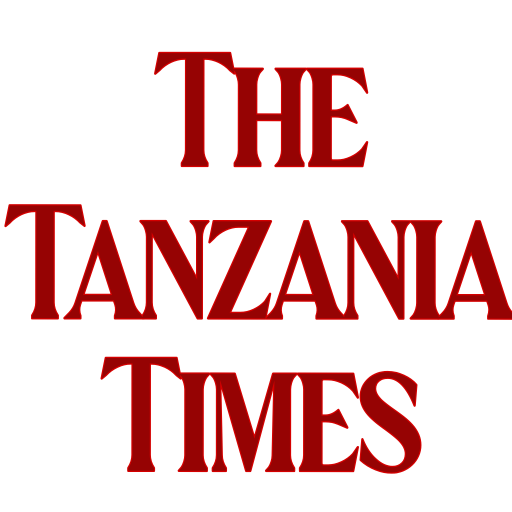Women Own 48 Percent of all Businesses in Tanzania But Are Missing Out in Public Procurement Deals
Women own and are currently running nearly 50 percent of all businesses in Tanzania but their participation in procurement processes still leaves a lot to be desired.
The latest research report is revealing that women in Tanzania are not exactly undertaking procurement jobs.
Titled ‘Towards Gender Balance: Understanding the Barrier and Solutions to Include Women-Led Business in East Africa (Tanzania)’ the release indicates that there’s a significant low participation of women in the public procurement sector in Tanzania.
The 41-page report booklet, tabled in Dodoma before the chairperson of the Parliamentary Social Services and Community Development Committee, Fatma Hassan Toufiq, is produced by the Africa Freedom of Information Centre (AFIC).
The study was conducted in the five countries across Africa, including Ethiopia, Kenya, Rwanda, Uganda and Tanzania.
In Tanzania, there are a number of limitations found to have been pushing out women from participating in the sector and these include legal and policy barriers, operational and capacity challenges as well as socio- cultural barriers.
The research established that sexual harassment, lack of awareness and use of technical languages in advertising the public procurement tenders were among other factors that side-lined the majority of women across the country.
Presenting the report Gilbert Sendugwa, the Executive Director of Africa Freedom of Information Centre stated that public procurement was one of the largest market for goods and services worldwide.
In Tanzania for about 25.8 trillion was invested in Public Procurement by Government entities, in fiscal year 2021/2022 while previously the country’s Procurement Entities billed some 30 trillion/-
“The research has established that at least 48 percent of all business in Tanzania is owned by women and considering that public procurement accounts to 60 percent of government’s expenditure, it is obvious that the women have been denied their statutory rights to benefit from the sector,” Sendugwa maintained.
“In Kenya, they employ similar Public Procurement regulations but their regulations allow individuals to apply and cater for public procurement tender,” he pointed out advising Tanzania to borrow a leaf.
Beside the Public Procurement (Amendment) Regulations, 2016 to direct that provision of the tenders should give first priority to women, youth, elders and disabled, he informed that most of the procuring entities did not abide by the set regulations.
“Statistics show that in 2021, only 6 percent of the institutions offered public procurement tenders as per the set regulations (prioritizing women, youth, elders and disabled), being out of more than 500 institutions that offered the tenders in question,” he unveiled.
Charity Komujjurizi, the monitoring and evaluation coordinator at AFIC said there is a need of amending the laws and providing for a 30 percent preferential scheme for special groups to ensure that it caters to other business formats operated by special groups including sole proprietorship and companies and not just ‘group’.
The study involved a survey of 59 women businesses in Tanzania, 23 that have supplied to the government and 36 that have not supplied to the government.
The surveyed businesses include 31 undertakings operating in towns and cities and 16 businesses in peri-urban areas.
The study also involved 20 key informant interviews with the seven officials from government agencies including the Public Procurement Regulatory Authority (PPRA), Government Procurement Services Agencies (GPSA), Procurement and Supplies Professionals and Technicians Board (PSPTB) and the regional


